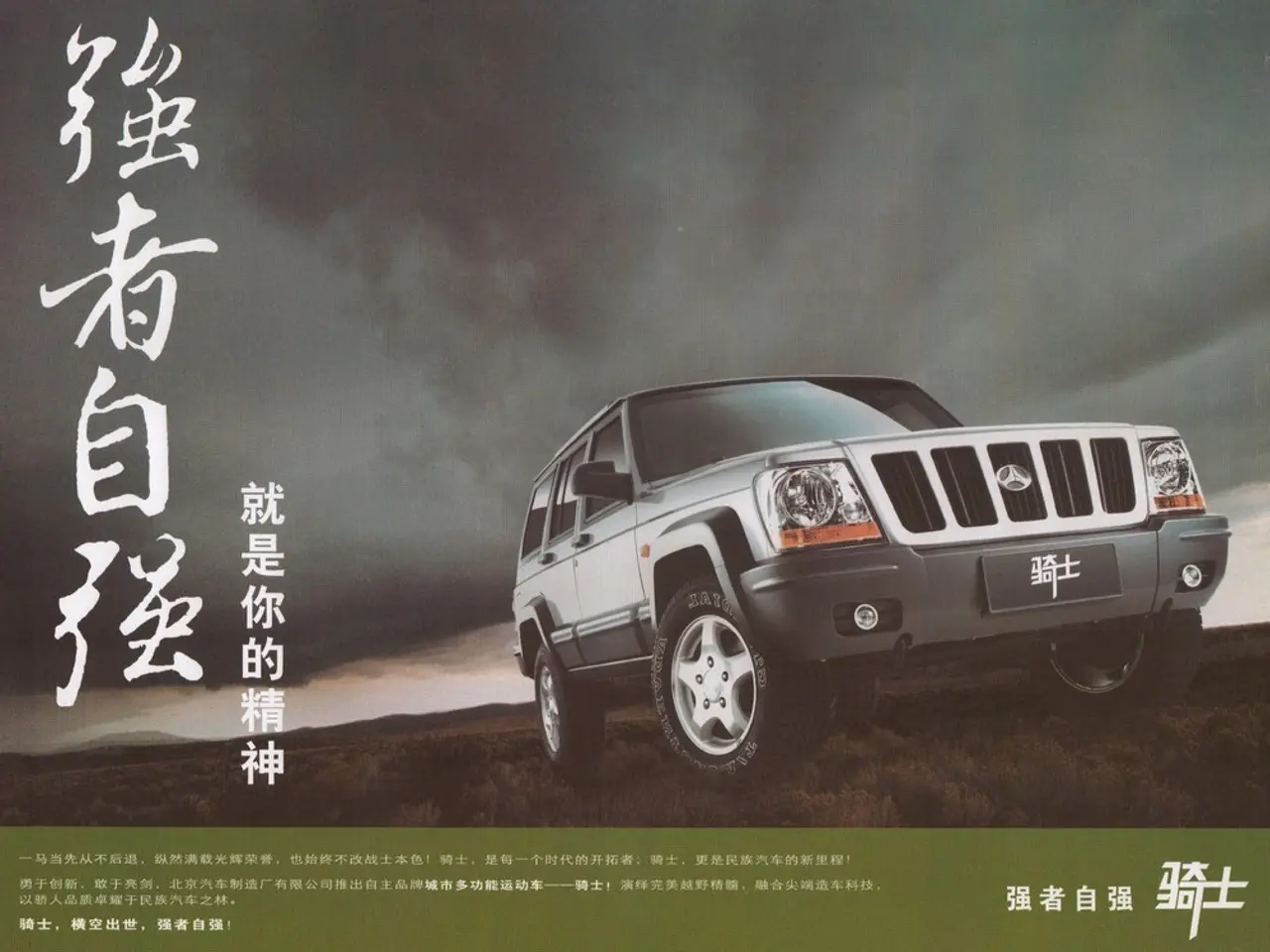United States and China set for additional talks over 90 days, with existing tariff cuts maintained. - US and China seek extension of another 90 days for negotiations - tariff levels continue at reduced rates
The US-China tariff truce, initially set to expire in March, has been extended for another 90 days until November 10, 2025. This extension offers a temporary reprieve to supply chains and indicates a continued diplomatic engagement between the two economic powerhouses.
Despite the extension, no final deal has been reached, and the negotiations remain focused on tariff suspension mechanisms, agricultural market access, and intellectual property issues. As of August 2025, no specific or publicized Chinese concessions on rare earth exports have been reported.
The ongoing discussions have identified potential areas for compromise, but final agreements are yet to be made. Reports suggest that the negotiations in London and Stockholm have been cautious and pragmatic, reflecting the complexities of the issues at hand.
Analysts like William Yang from the International Crisis Group find it unlikely that China will make significant concessions in the further negotiations. China, known for its strong position in the export of rare earths, has expressed a wish for a "positive" outcome of the negotiations with Washington.
The tariff rates that have been in effect since mid-May will now apply until November, or until an agreement is reached. Currently, the US imposes 30 percent tariffs on most Chinese imports, while China levies a ten percent tariff on most US imports.
The US, like the rest of the world, is heavily dependent on supplies of rare earths from China. Other countries, such as Vietnam, Britain, or the EU, have accepted substantial imbalances in mutual tariff rates in trade with the US. However, countries like Switzerland and Brazil have not reached an agreement with Washington, making exports to the US more expensive for their companies.
In response to Trump's aggressive tariff policy, China has introduced export restrictions on rare earths. The US President, Donald Trump, stated that the talks between Chinese and US representatives are going "pretty good."
As the negotiations continue, it is essential to monitor official statements and deeper investigative reporting for updates on rare earth export negotiations. This aspect is often sensitive and less publicly disclosed in broad tariff truce announcements.
- The extension of the US-China tariff truce has prompted various discussions within the community about potential compromises and the future of trade relations, with analysts like William Yang from the International Crisis Group expressing skepticism about significant Chinese concessions.
- As negotiations continue on tariff suspension mechanisms, agricultural market access, and intellectual property issues, the community is closely watching official statements and deeper investigative reporting for updates on rare earth export negotiations, recognizing the sensitivity of this aspect and its less public disclosure in broader tariff truce announcements.







